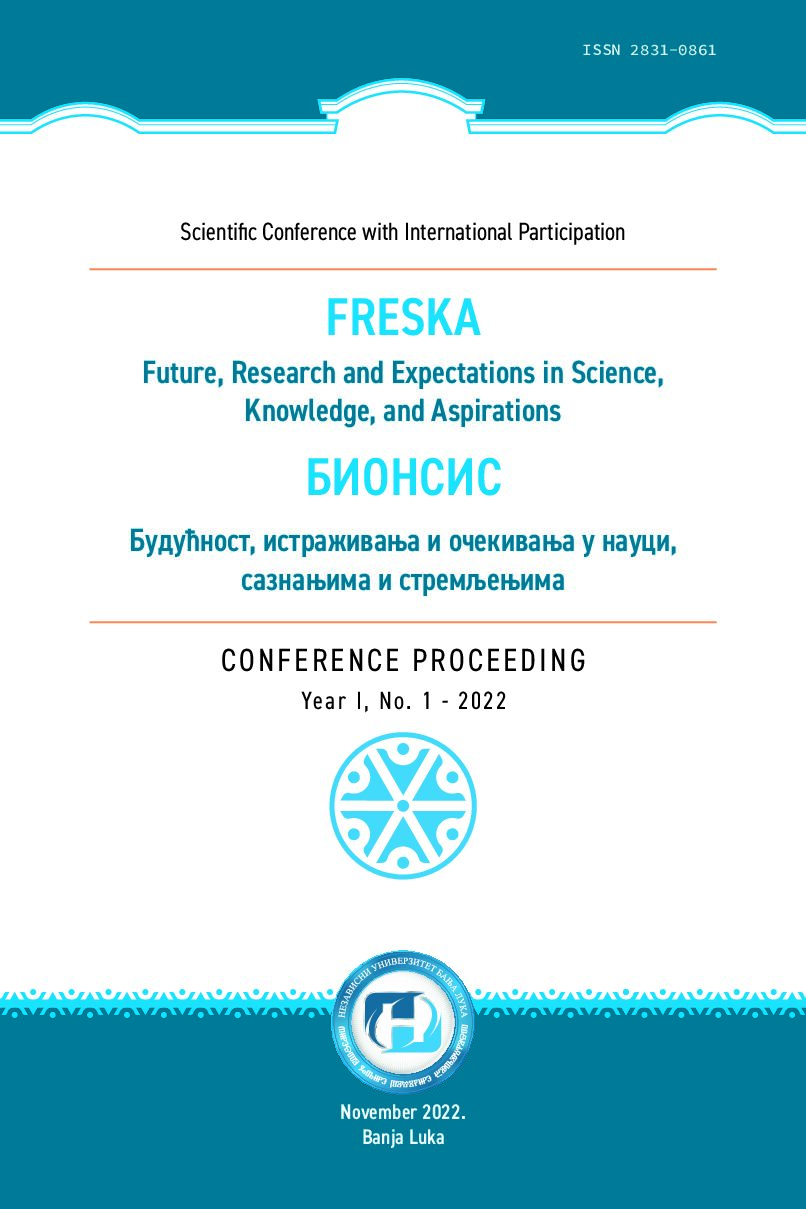THE EUROPEAN UNION IN THE PROCESS OF CURRENT GEOPOLITICAL RECOMMENDATIONS OF POWER RELATIONS
DOI:
https://doi.org/10.7251/ZNUBL2201171SAbstract
Military interventionism is a risk with unforeseeable consequences for the international order and its security. Catastrophic potentials, primarily military power, generated in foreign policy by major powers in order to realize their national interests are a great danger of permanent militarization of international politics.The war in Ukraine initiated significant changes that will remain as building blocks of the future defense role of the European Union (EU). It may gradually increase the EU’s ability to intervene in complementarity with the NATO alliance, which is a long-standing ambition that has largely remained an aspiration until now. Also, the war accelerates transformations in EU foreign policy because Brussels is forced to adapt to the new geopolitical reality. This could reinforce the trend in Europe to emphasize a strong EU as a protective factor for European countries. Bearing in mind that it is a geographically inseparable part of Europe, the Balkans, and especially the area of Serbia, conveniently served to absorb a multitude of externalized political, ideological and
cultural frustrations that stem from tensions and contradictions inherent in regions and societies outside the Balkans. Also, it is very important to highlight the place and role of the Balkan countries in this reorganization of ’ the power relations of the great powers. From concrete European, Eurasian and global centers of geopolitical power, the Balkans are viewed from a different geographical perspective. Bearing in mind that it is a geographically inseparable part of Europe, the Balkans, and especially the area of Serbia, conveniently served to absorb a multitude of externalized political, ideological and cultural frustrations that stem from tensions and contradictions inherent in regions and societies outside the Balkans.
